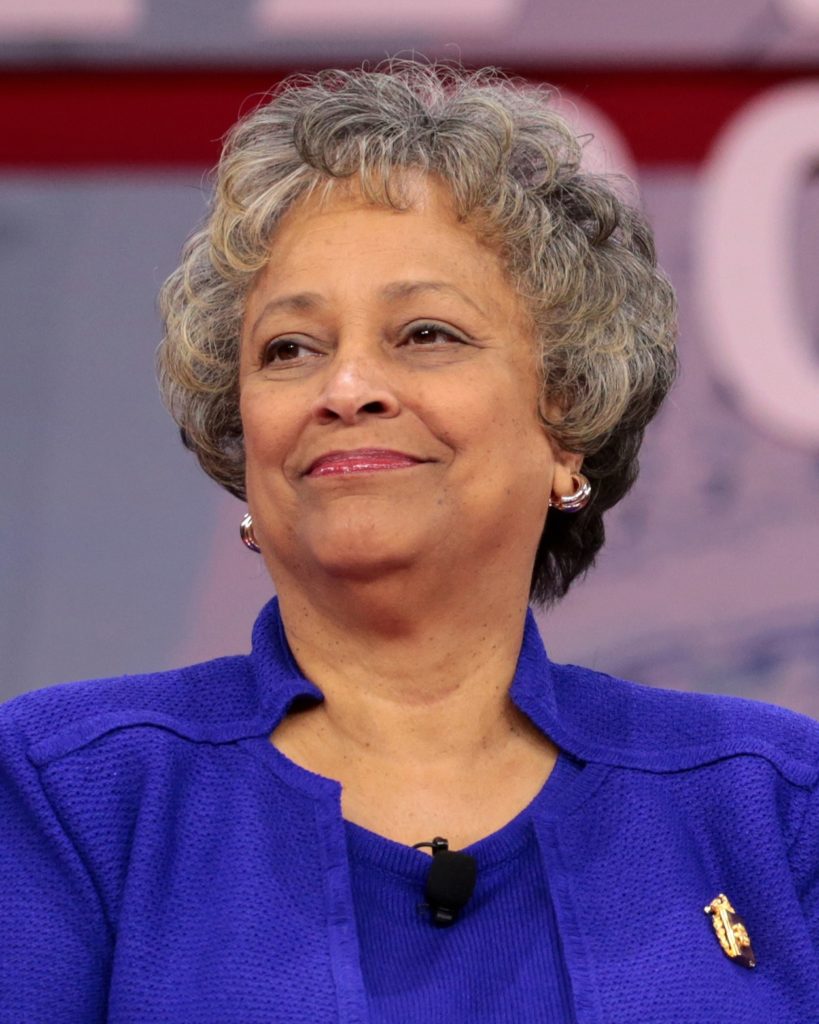A common adage, repeated by political consultants for 30 years, advises candidates seeking to broaden their base that “nobody cares how much you know, until they know how much you care.” It may seem trite, but it is extraordinarily apt when describing today’s environmental disputes.
Those disputes are heightened by an Administration pushing an environmental agenda over many other priorities. Ordinarily, one might consider such an agenda a good thing, because we all care about the environment. But that is actually the heart of the problem. One side thinks the other does not care about the environment, while on the other side, many people think environmental activists do not care about jobs and communities. Neither side can really reconcile their differences, because they do not think the other side cares.
What a sad state of affairs, leaders questioning each other’s motives, integrity, and intentions, instead of working together on solutions. When people with differing points of view come together to discuss and debate the great issues of the day, it is beautiful, the heart of the American political process. Nothing is more central to America’s experiment in self-government than compromise. People often share the same goals, but differ on how to achieve them. So they get together, look for solutions both sides can live with, and work it out.
Today it is often said that compromise is no longer possible, because two opposing camps do not share the same goals. How can you compromise with someone who does not want the same things you want? It is a good question, but its assumption is often wrong.
My friend Kay Coles James, President of the Heritage Foundation, the country’s largest conservative think tank, is among the nation’s premier leaders. She sometimes answers the question of who her target audience is, who she is trying to reach, by identifying Bernie Sanders supporters. Surprised friends wonder why she would waste time talking to people so far removed from her point of view. She explains that those people want to eliminate poverty, spread success to every American, end the inequality among races, and make education available and affordable for all. And she says, “I want the same things. I just have very different ideas about how to get there, and we should talk.” She herself grew up in abject poverty, in a government housing project in Richmond, and rose from humble beginnings to become one of the most influential African-American women in the world. So she says, “How dare you question how much I care about poverty in our cities?”
She facilitates conversations among diverse people, saying they should not care whether someone is liberal or conservative, Republican or Democrat, but whether they want to solve problems. She says people should begin to think of themselves as “solutionists.”

We ought to approach environmental disputes the same way, recognizing that all Americans have a common interest in clean air, clean water, healthy forests, thriving wildlife, and communities that are healthy and prosperous, with economies built on responsible and sustainable stewardship of their natural resources. As long as people have a genuine heart for the environment, they can always work together toward solutions – if they trust that everyone cares. But that trust, or lack of it, has become the main problem with environmental issues. Name-calling has taken the place of negotiating, and there is a desperate need for “solutionists.”
Consider the ongoing impasse over the use of fossil fuels in America. Some people think fossil fuels are just evil. But they aren’t. What’s wrong is air pollution and the effects of greenhouse gases. People concerned about that (which includes most of us) should be excited about the prospects for a start-up company developing natural gas power plants that emit nothing into the air – no greenhouse gases at all.
The company, Net Power, is working on two plants that will have all emissions captured and buried deep underground. One is a partnership with Archer-Daniels-Midlands to replace emissions from a coal power plant in Illinois. The other is working with Colorado’s Southern Ute Tribe to build a 280 megawatt plant that uses no water and produces no pollution. The technology will be exciting if it works, but some groups already oppose the new plants anyway, just because they use fossil fuels.
Inevitably, opponents will be accused of not caring about energy-dependent communities and jobs, and they will counter that advocates don’t care about the planet. Both extremes are marginalized if reasonable people – solutionists – begin by acknowledging that everyone cares.




Comments on this entry are closed.